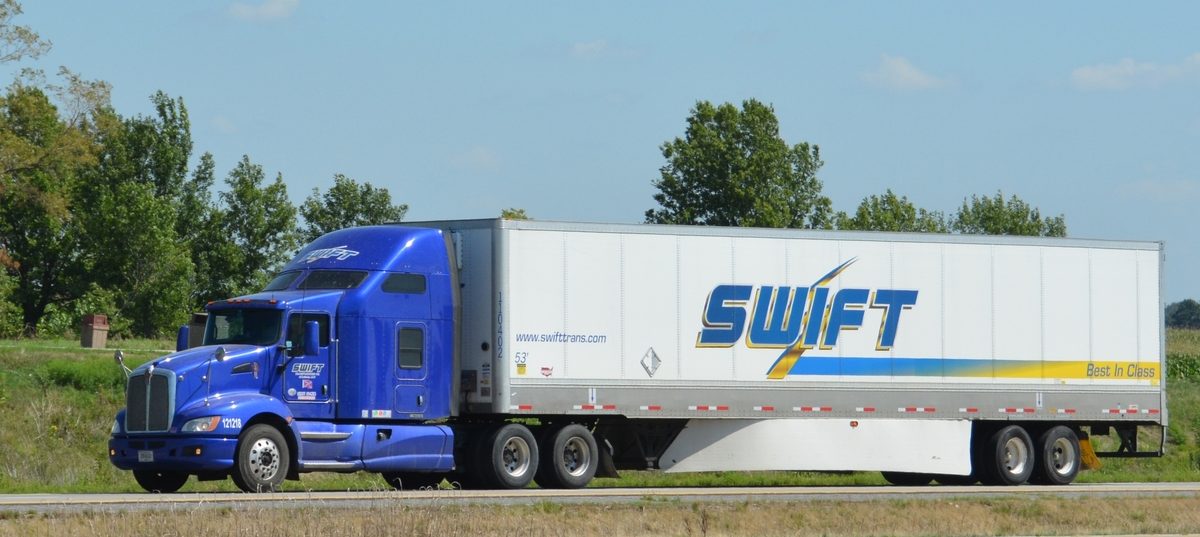
Report Says Self-Driving Vehicles Not All Job Killers
With the advent of autonomous vehicles⎯cars and trucks that do not require a human being to drive them from point A to point B⎯the future of employment in transportation is a little muddled. That is to say, developing driverless vehicles will likely put human drivers out of work. Dramatic statistics to show the devastation to the workforce that could be caused by this trend.
A story in Supply Chain Digest cites autonomous truck technology as the cause of much “hand wringing about the impact on driver jobs, one of the most populous area of employment.” The more than 3 million U.S. truck driving jobs comprise 2% of the total of all jobs in the country.
“…Goldman Sachs Economics Research said that when autonomous vehicle saturation peaks, U.S. truck drivers could see job losses at a rate of 25,000 a month, or 300,000 a year. Meanwhile, late in 2017 a report from the International Transport Forum found that as many as 50-70% of truck driving jobs in the US and Europe could be lost by just 2030 due to the rapid introduction of autonomous trucks into the market. At the upper end of that range, some 4.4 million out of a total of 6.4 million driver positions could be eliminated,” the report said.”
Sounds pretty bad right? Especially if you are one of the over the road drivers being threatened by this technology. But at least one major transportation corporation disagrees with that outlook.
Uber says we may not need fewer drivers, but rather more drivers.
The report pointed out that advisory boards will need to be appointed to examine the social issues arising from such a high level of displacement. It suggests that governments use of a permitting system for driverless truck deployment. In other words, the roll-out of autonomous trucks would be metered by governments to slow the transition in a way that manages the social impact more gradually.
However, Uber, the ride-sharing giant that got into the autonomous truck business with its acquisition of start-up OTTO in 2026, has a totally different view of autonomous trucks and driver jobs. In a blog post on its website last week, Uber wrote, “While concerns [about job losses] are understandable, they don’t account for the technical realities of self-driving technology or the industry’s evolving demographics and economics.”
In fact, Uber says it has created a team of engineers, computer scientists, and CDL-holding trucker drivers to study this issue. Uber says it has already published its vision for the future of trucking: a mixed-fleet system where truck drivers and self-driving trucks work alongside one another, connecting long and local haul routes. “We think this model could mean more growth in truck freight, an increase in better truck driving jobs, and more affordable goods for everyone,” Uber says. Read the full article here.
Bill Gates: Artificial Intelligence Will Help Society
Microsoft co-founder Bill Gates said he believes that instead of dreading the implementation of AI technology such as driverless cars, society should embrace the change, which could lead to a better way of living for everyone, such as longer vacations.
“AI is just the latest in technologies that allow us to produce a lot more goods and services with less labor,” Gates said to And overwhelmingly, over the last several hundred years, that has been great for society. We used to all have to go out and farm. We barely got enough food, when the weather was bad people would starve. Now through better seeds, fertilizer, lots of things, most people are not farmers. And so AI will bring us immense new productivity,” says Gates.
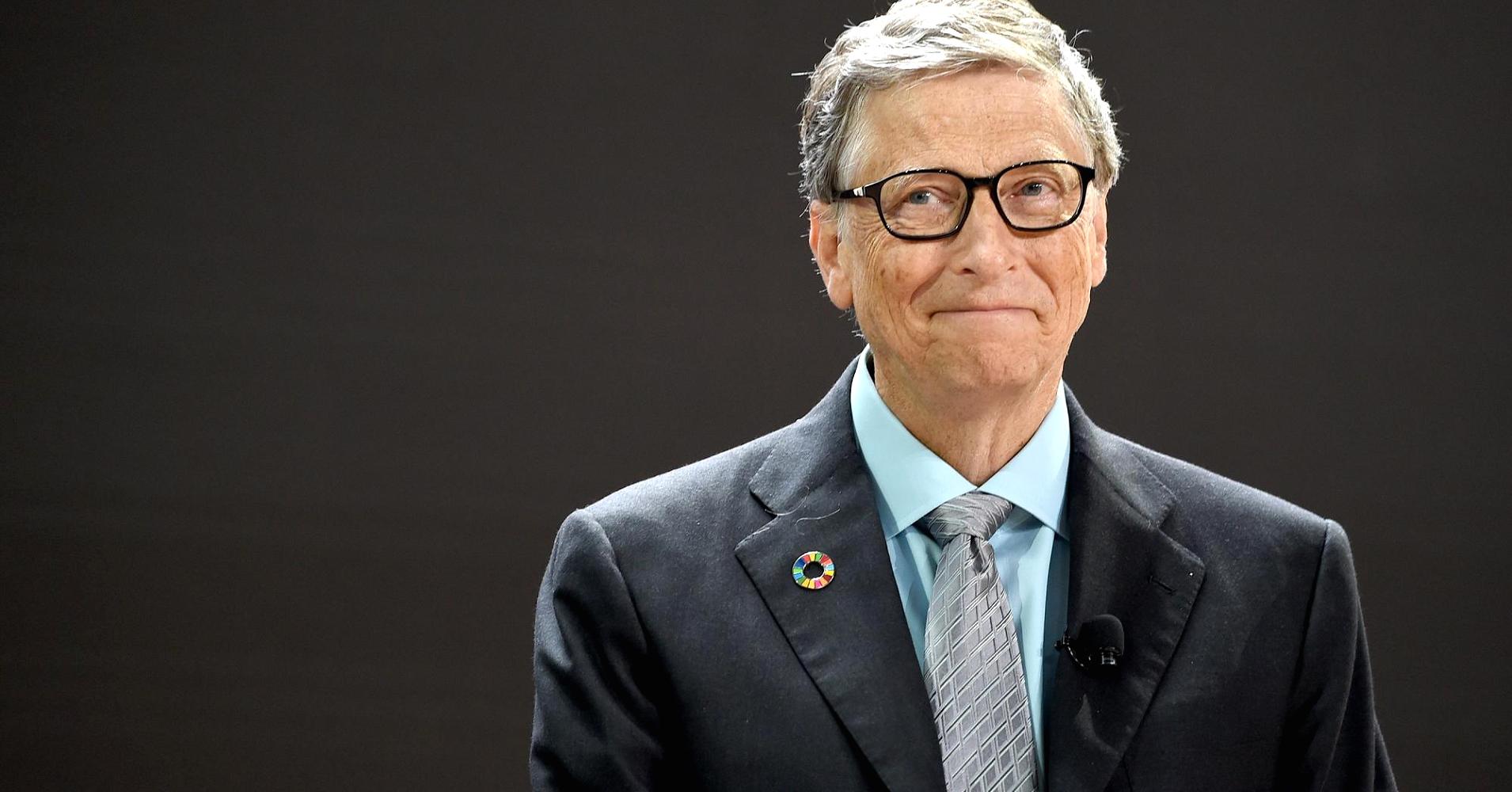 “Someday we will even get to the point where we can say, ‘Hey, people don’t have to work super long hours they can have periods of their life they don’t work as much.'” -Bill Gates
“Someday we will even get to the point where we can say, ‘Hey, people don’t have to work super long hours they can have periods of their life they don’t work as much.'” -Bill Gates
On the other hand, President Obama said that even though agricultural advancement allowed for greater productivity it was still rough on farmers back in 2014. As then-President Barack Obama put it, “There are a lot of big producers who are doing really well, but there are even more small farms, family farms, where folks are just scratching out a living and increasingly vulnerable to difficulties in financing and all the inputs involved… and it’s very hard for young farmers to get started.” He signed a $956 billion farm bill to help the sector.
So it can be a fine line that we as a society will need to walk if we are to keep ourselves on a level playing field in adapting to this amazing technology.
The more we depend of AI, the more likely government will have to step up its efforts to assist displaced workers. The paradigm shift on our society is going to be massive. With re-training of workers being a major concern, some displaced workers will need to find other pursuits when they suddenly find themselves with more free time than they were taught to expect out of life.
It will be hard for the labor market to move as quickly as AI develops, though, says Gates. And that will create a challenge for society — it will have to figure out how to retrain workers and distribute benefits in a new economy. “That’s a very key thing.”
read more at cnbc.com

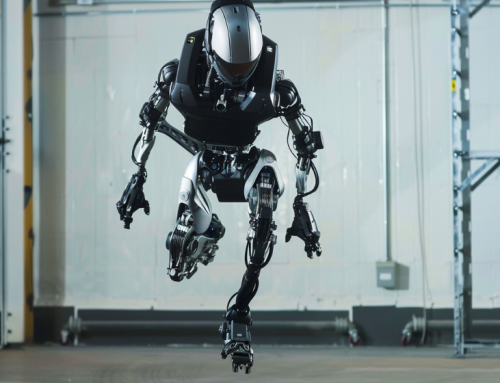
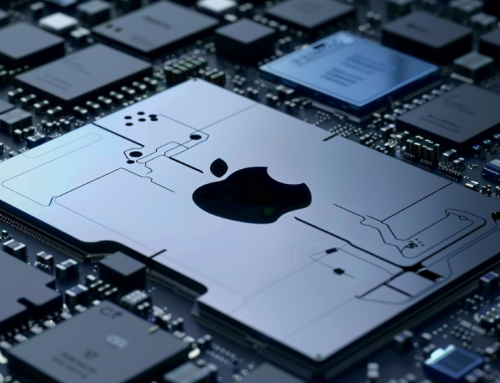
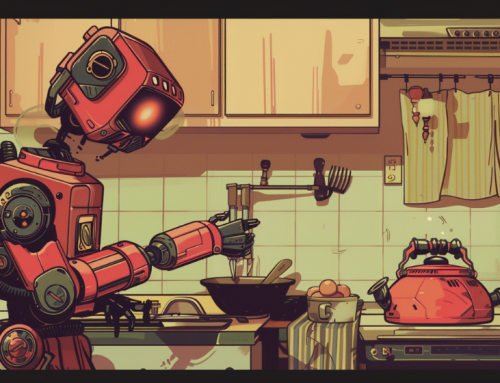
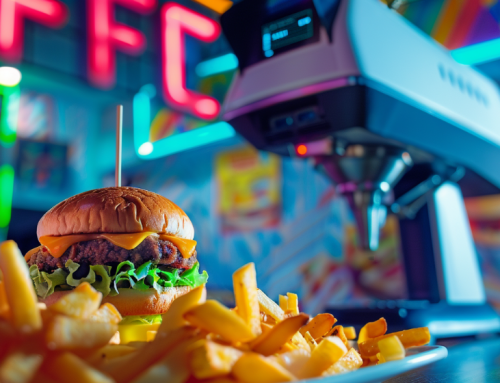
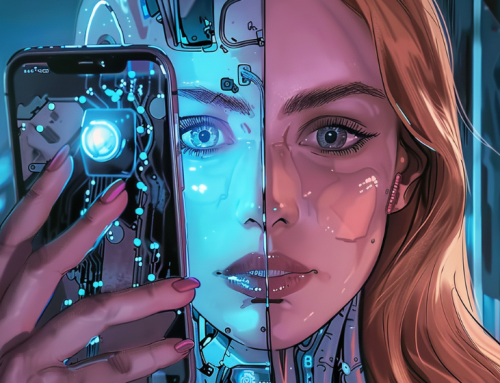

Leave A Comment